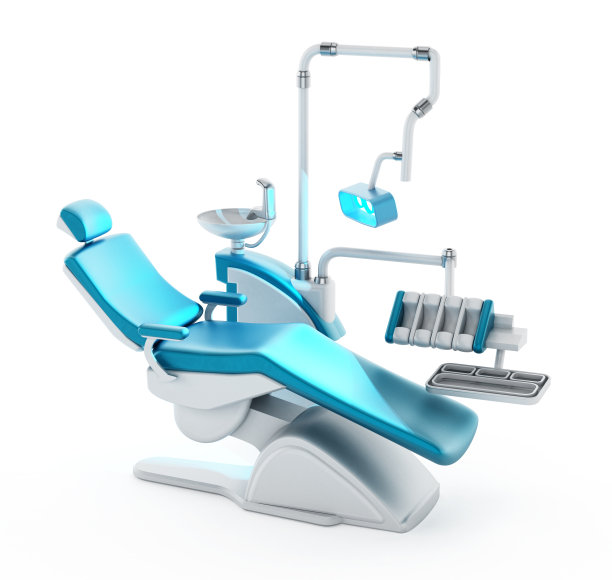Essential Precautions to Consider Before Undergoing Dental Implants for Optimal Oral Health and Recovery
Summary: Dental implants have become a highly successful method for restoring lost teeth, but careful considerations must be made prior to the procedure. This article delves into essential precautions that patients should take before undergoing dental implants to ensure optimal oral health and a smooth recovery process. Key aspects include assessing overall health and medical history, understanding the procedure and its risks, ensuring proper dental hygiene, and having realistic expectations. Together, these considerations aim to prepare patients for a successful implant experience and long-term satisfaction with their new teeth.
1. Assessing Overall Health and Medical History

Before opting for dental implants, it’s critical for patients to undergo a comprehensive health evaluation. An individuals overall health can significantly influence the success of the procedure. Conditions like diabetes, autoimmune diseases, or cardiovascular issues can affect healing and implant integration. Thus, discussing all pre-existing health conditions with your dental professional is necessary.
Moreover, medications taken by patients also play a vital role in the success of dental implants. Certain medications, especially those that affect bone density or healing, must be reviewed and managed effectively. Patients may need to adjust their medication plans to avoid complications during and after the surgery.
A thorough assessment of the bone structure in the jaw also must be conducted. Insufficient bone density can hinder the successful placement of implants. In such cases, additional procedures, such as bone grafting, may be required before implantation. Consulting with a qualified oral surgeon can help determine the best course of action.
2. Understanding the Procedure and Its Risks
Educating oneself about the dental implant process is essential to understanding what to expect and what factors could impact the outcome. Patients should familiarize themselves with the stages, from initial consultation to post-operative care. Knowing how the implants are placed and what materials are used can help demystify the procedure and ease anxiety.
Additionally, being aware of the possible risks and complications associated with dental implants is vital. While complications are relatively rare, potential issues such as infection, nerve damage, or issues with the implant itself can arise. Discussing these risks with the dental professional can help patients feel prepared and aware.
Finally, it’s important to understand that not all patients are suitable candidates for dental implants. Factors such as age, lifestyle habits (like smoking), and oral health can affect eligibility. Having an open discussion with your dentist about your suitability will help set realistic expectations regarding the outcome.
3. Ensuring Proper Dental Hygiene
Excellent oral hygiene is paramount both before and after dental implant surgery. Prior to the procedure, patients should maintain optimal dental care to minimize the risk of infection. This includes regular brushing, flossing, and possibly using antimicrobial mouthwash to keep the mouth clean.
After receiving dental implants, maintaining good oral hygiene becomes even more critical. Proper care not only aids in the healing process but also ensures the longevity of the implants. Patients need to develop a post-operative oral care routine and discuss any specific instructions their dentist provides.
Regular dental check-ups following the surgery play a key role in sustaining proper oral health. Scheduled visits allow the dentist to monitor the healing process, examine implant integration, and provide any necessary adjustments or advice on care techniques. This proactive approach is vital for preventing complications.
4. Having Realistic Expectations
Setting realistic expectations regarding dental implants is crucial for a positive experience. While implants can greatly improve dental function and aesthetics, they are not a one-size-fits-all solution. Outcomes can vary based on individual health factors, compliance with post-operative care, and lifestyle choices.
Patients should have an honest discussion with their dentist about both the benefits and limitations of dental implants. This conversation should address concerns such as healing time, potential discomfort during recovery, and the long-term care required for the implants.
Moreover, the financial aspect of dental implants should not be overlooked. Patients must consider the costs associated with the procedure, including potential follow-up visits and maintenance. Understanding the full picture will help manage expectations and avoid surprises down the line.
Summary:
In conclusion, thorough preparation and understanding are vital before undergoing dental implants. From assessing overall health to ensuring proper hygiene and establishing realistic expectations, each precaution significantly contributes to a successful outcome and optimal oral health. Taking the time to address these factors can lead to fulfilling results and a positive journey toward oral restoration.
This article is compiled by Vickong Dental and the content is for reference only.



